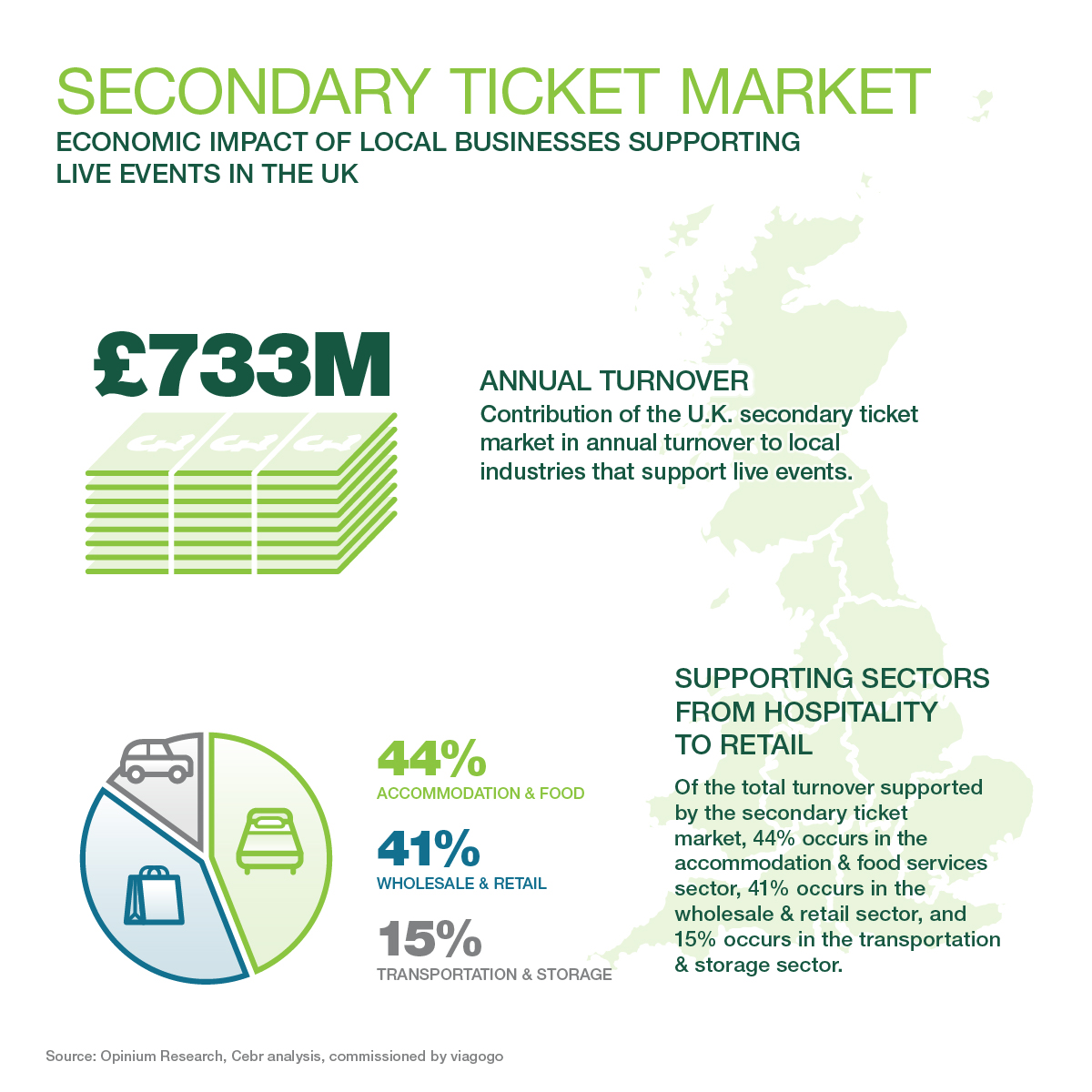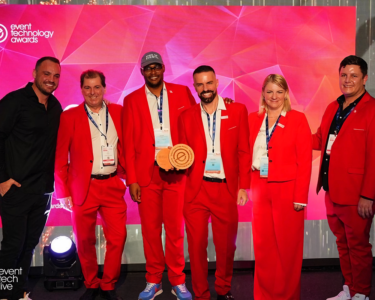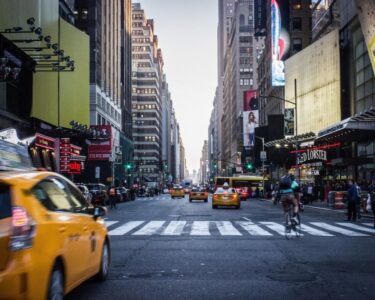
- Total business revenue contributions to local businesses by the UK sport and concert secondary ticket market totalled £733m between 2023 and 2024
- 7,736 full time employees supported by the attendance of fans who bought tickets on the secondary ticket market
- This £733m expenditure by fans extends across sectors, with notable impact in accommodation and food (44%), retail (41%) and transportation (15%)
- The secondary ticket market allows fans to fill would-be empty seats and a revenue void of £629 per seat left by the primary market
A new comprehensive study into the habits of live event fans in the UK from the Centre for Economics and Business Research (Cebr) revealed that the UK secondary ticket market helped contribute a total of £733 million per year in turnover to local industries that support live events.
The regulated secondary ticket market serves fans who no longer wish or are no longer able to attend live events (a reason cited by nearly half* of secondary sellers), for example sports fans selling after their team is knocked out of a tournament or due to other life commitments arising. The secondary market also provides crucial flexibility for buyers who missed out on initial primary sales, only recently discovered an event, or decided to attend closer to the event date. By enabling the resale of seats that might otherwise be empty, the secondary market contributes £629 per seat in non-ticketing revenue to the economy, filling a revenue void that would be left by the primary ticket market.
As seen with the recent leg of Taylor Swift’s Eras tour, the research, called ‘Fanonomics’, demonstrates that fans are investing in the entire event experience. viagogo, the world’s leading marketplace that helps fans buy and sell tickets to their favourite live events, commissioned Cebr to quantify the economic value derived from fans buying tickets on secondary ticket marketplaces. With significant fan expenditure going toward travel to and from the event, staying at hotels, dining out and buying clothes and merchandise, the research found** that on average just 16% of concert spending goes toward a ticket bought via secondary ticketing. Music fans spend up to £715 total on retail (22%), accommodation (37%), and travel (15%), while sports fans spend even more, up to £873, reflecting their dedication to the team.



SUPPORTING JOBS
Cebr’s analysis found that a total of 7,736 full-time equivalent jobs (£156m in employee compensation)***, were supported by music and sports fans who bought tickets on the secondary ticket market. Notably, 81% of the jobs supported were within the accommodation and food service sector, with 10% in transport and 9% in retail.
NORTHERN FANS STAND OUT AS LIVE EVENT LOVERS
The research also revealed what fans across the UK were willing to pay for live events****. Passionate sport fans in the North East outspent those in any other part of the UK, outside London, to see their teams play live. On average, they were willing to pay £982 to see their favourite team once (30% higher than the UK average of £755) and £961 to see their favourite music artist once (38% higher than the UK average of £696). The North West followed with an average willingness to spend of £946 to see their favourite sports team and £853 to see their favourite music artist.
MAKING MEMORIES AND THE VALUE OF ATMOSPHERE
Furthermore, people who bought tickets in the secondary market were willing to spend significantly more if it gave them “bragging rights.” One in 10 people (9%) revealed that the most important thing for them when buying a ticket for a music concert was being able to tell others about being at the event, claiming they would spend significantly more (up to £1,534 for music concerts) on an experience in order to do so.
Cris Miller, Global Managing Director, viagogo, said
“At almost three-quarters of a billion pounds, secondary ticketing in the UK makes a significant contribution to the UK economy. Whether watching their favourite sports teams or musical act, fans are unquestionably passionate about live events and are willing to invest in the full experience. Safe, regulated marketplaces like ours play a vital role in ensuring venues are vibrant and full, which in turn supports nearly 8,000 jobs in the hospitality and retail sectors. We’re committed to ensuring fans have greater access to these unforgettable experiences, and it’s clear that their passion has a positive ripple effect on the wider economy.”
Owen Good, Head of Economic Advisory, Cebr said
“The secondary market is dictated by classical forces of supply and demand model, which drive both ticket availability and price. As the secondary market meets the needs of consumers by giving them flexibility in attendance, timing and pricing coupled with variety, it also supports the generation of business revenue at different times to the primary, creating a unique distinction between the two.”
Kate Stewart, Owner of The Sandon pub, Liverpool
“As a small business we depend on the guaranteed footfall generated by full attendance at live events. We’ve had huge acts like Taylor Swift and Pink playing this summer and people really push the boat out on making the most of the occasion. So much so that it means we need to hire more staff to cope with the influx – which is always good news!”
👇Follow more 👇
👉 bdphone.com
👉 ultraactivation.com
👉 trainingreferral.com
👉 shaplafood.com
👉 bangladeshi.help
👉 www.forexdhaka.com
👉 uncommunication.com
👉 ultra-sim.com
👉 forexdhaka.com
👉 ultrafxfund.com
👉 ultractivation.com
👉 bdphoneonline.com





